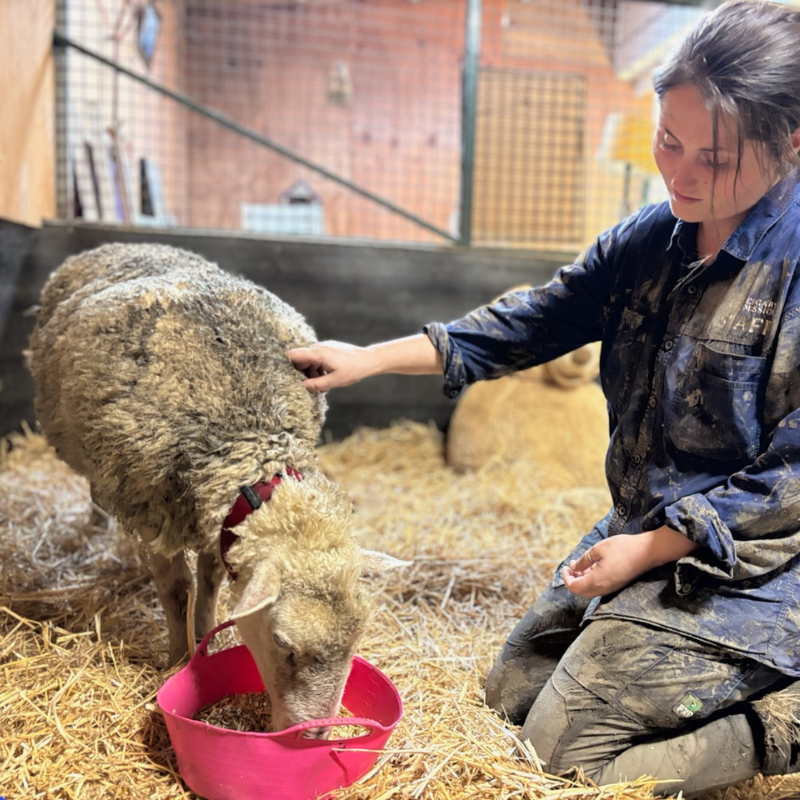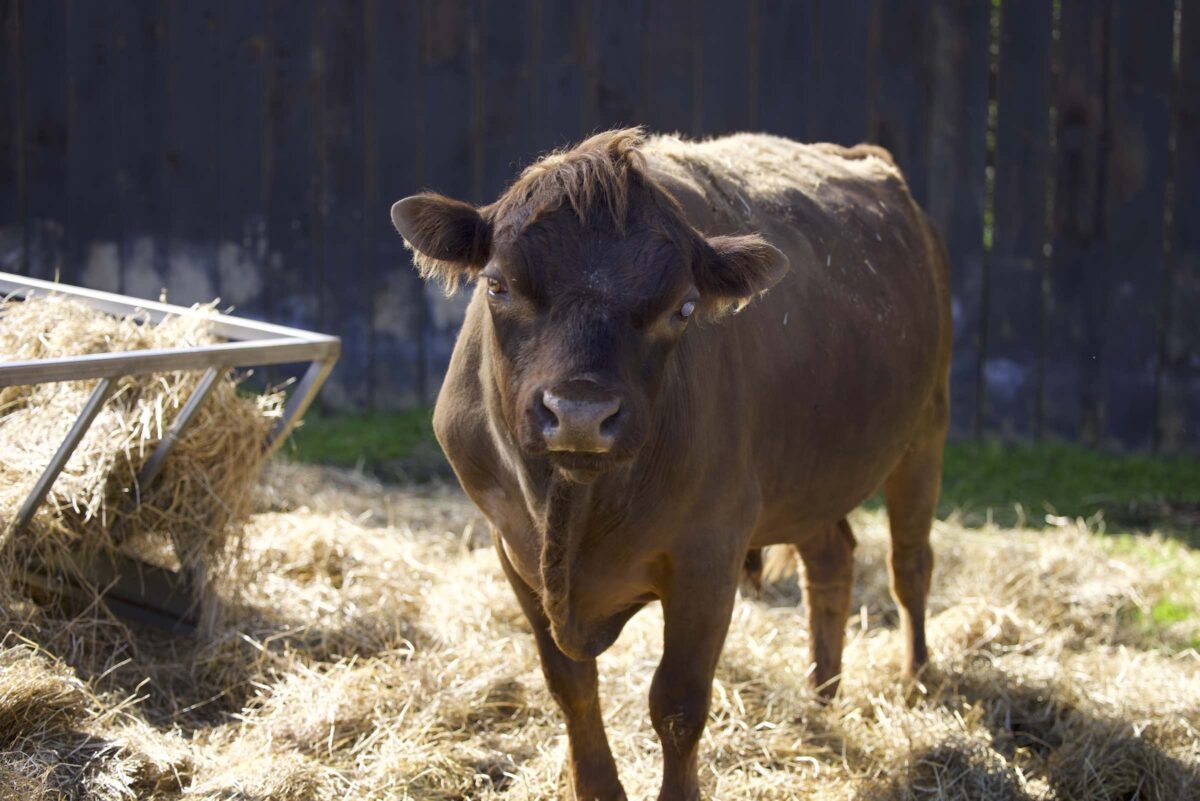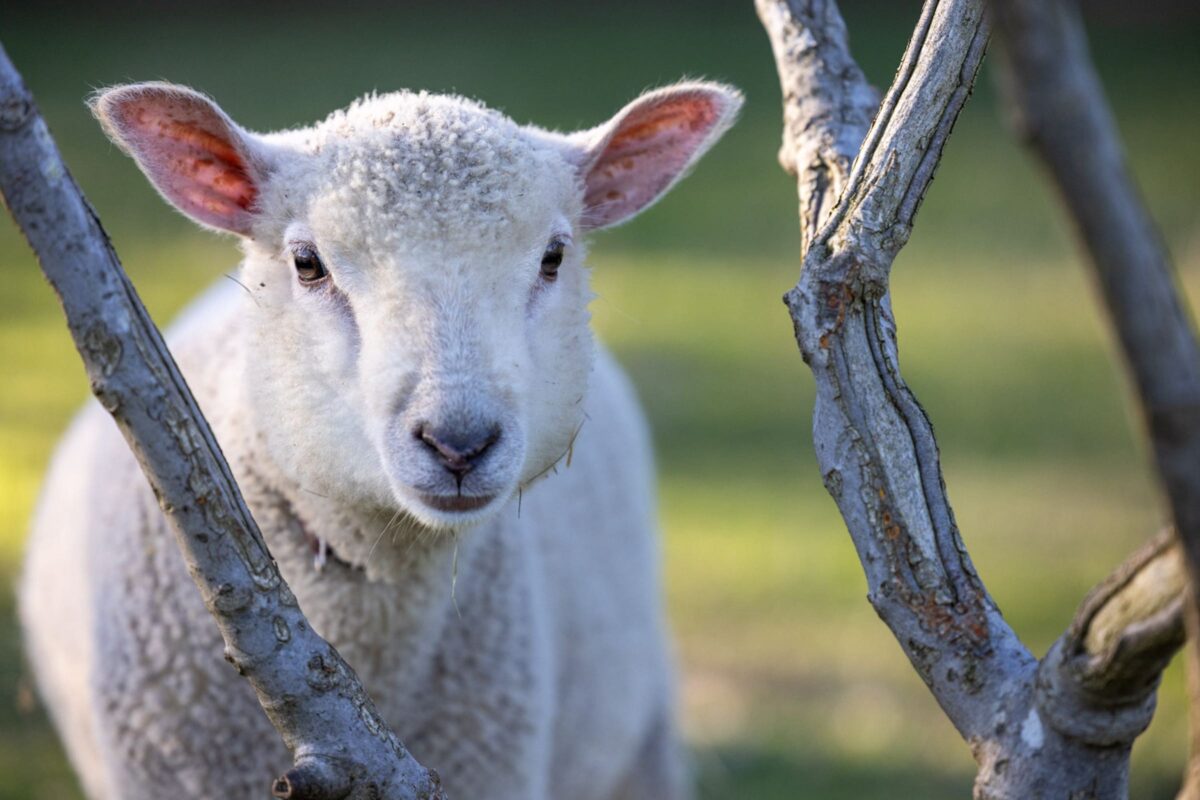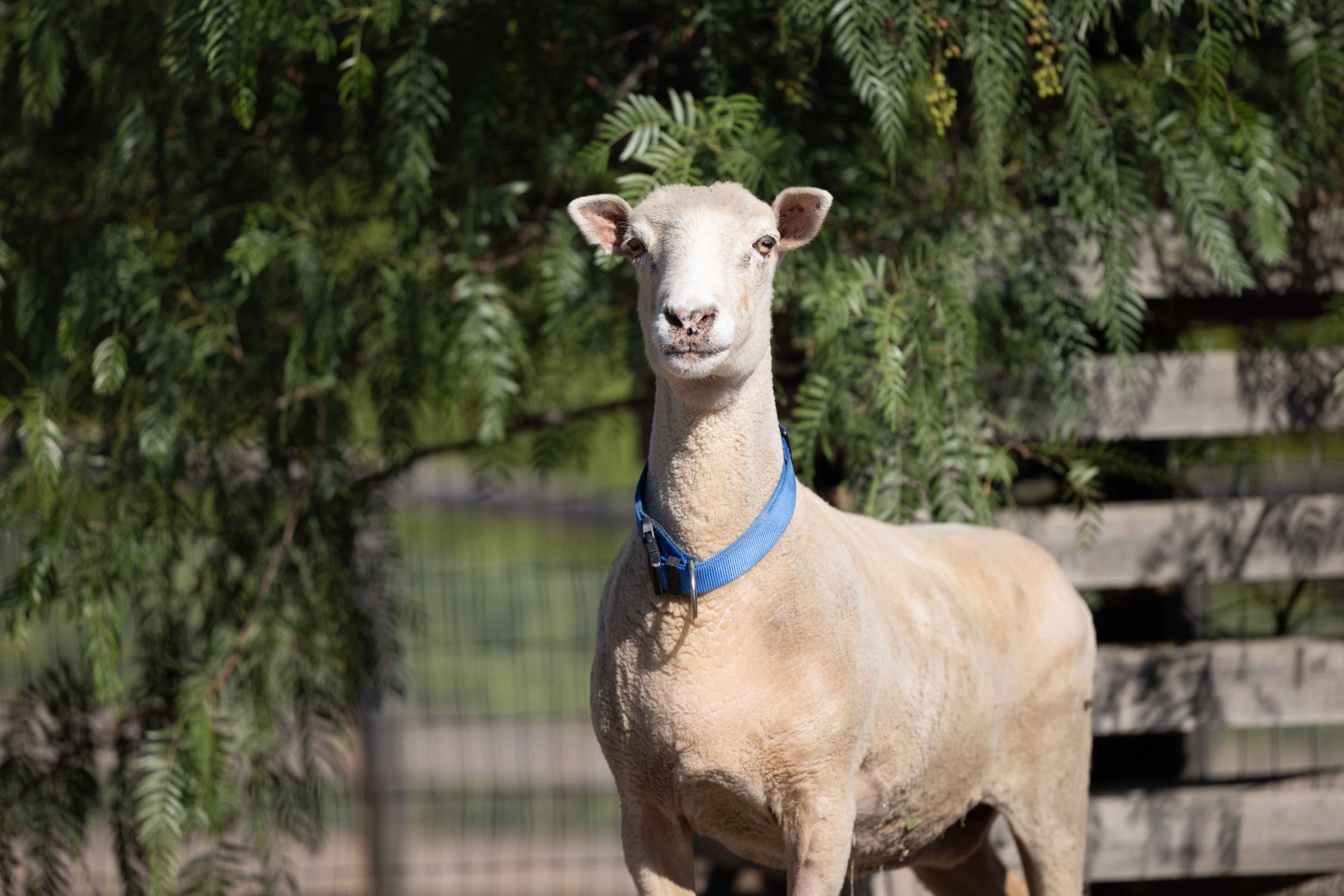
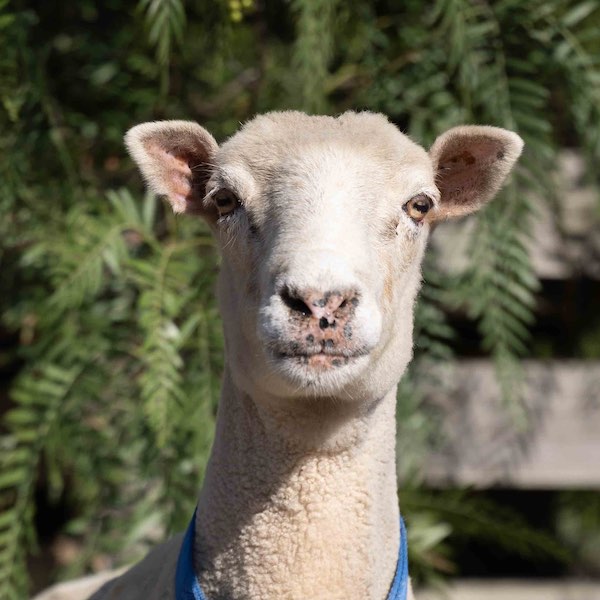
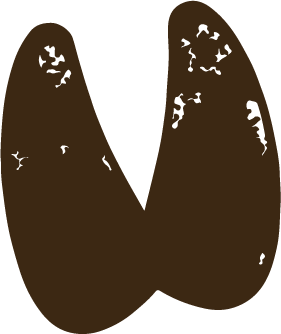
It’s Only the Beginning
Where once the mighty Werribee River flowed, now only cracked earth and putrid sludge remained.
Long-dead gums stood like ghosts, their darkened trunks scarred by waters that once lapped high but now lay vanished.
Silence hung eerily over the valley—thick and hollow. No fish. No frogs. Even the birds had fled. But not kindness.
How this sheep, mired in mud, came to be there—neck-deep in that suffocating quagmire—we’ll never know. But there she was. Stuck. Silent. Sinking.
Had a local not spotted Jumbuck—a sodden figure barely distinguishable from the thick grey soup that surrounded her—she would’ve faded quietly into it. Just another victim of this wicked drought and a world that forgot to care.
The call came quickly. The local SES arrived, then reached out to our team. Together, we stared down a grim question: How do you rescue a life from a place that wretchedly won’t let go?
Getting to her was no easy feat. The descent alone was treacherous—gravel twisted beneath tyres, rocks bounced and fell around us, grey knuckles clenched the wheel. The remnants of the river below waited like a trap, ready to claim anything that lingered too long. A rusted, abandoned motorbike warned of this.
But there was no turning back.
Jumbuck’s breath was shallow. Her will, threadbare. We had to act. Fast.
She had already been pulled from her would-be grave by the time we reached her, but now she lay soaked in that stinking earthy mud, exhausted, barely able to lift her head. Yet the faint rise and fall of her chest told us—life still lingered.
And so too did hope.
But how to move her? How to cross that quicksand without losing her—or ourselves?
Then someone spotted a discarded scrap of carpet. A crude plan took shape. A makeshift raft was born. Magic or madness—we weren’t sure. But we had to give it a try.
With Jumbuck atop and rescuers clinging to the sides, the carpet was winched across the bog. Inch by nail-biting inch.
So close, yet so far.
Grimy hands. Muddy faces. Determined eyes. The price? A few lost shoes and a sky-high cleaning bill. The reward? Life. And she was worth it.
She was so preciously worth it.
But even safe on solid ground, the battle wasn’t over. Jumbuck lay still. Eyes sealed shut with crusted mud. Lungs rasping.
There was one collective thought. One we dared not say aloud: “Had kindness come too late?”
On the long trek back to Sanctuary, that thought played on high repeat. But the answer came quickly as seventeen kilos of sludge-weighted wool were carefully removed. With warm, clean water, we then washed away what we could of her burden.
And there—she stood. Barely. But she stood.
As we bathed her eyes, her body tensed. Years of rough hands, taking but never giving, had taught her to brace.
To run.
To fear.
But something told her we were different. Something made her stay.
Maybe it was the warmth of the water. Maybe it was the gentle hands. Or maybe—just maybe—she felt it—This is sanctuary.
After years of serving—of being just a number in a flock—Jumbuck was no longer invisible. She was safe. She was seen. She was finally home.
In the days that followed, her breathing eased. Her eyes began to shine. Though she still keeps her distance, history tells us this will only be so for now.
Trust takes time. We know this. Love waits patiently. We show this.
And so, this is not the end of Jumbuck’s story. It’s only the beginning—of something soft, beautiful and strong. And finally hers.
Please stay with us as we continue to share Jumbuck’s journey.
